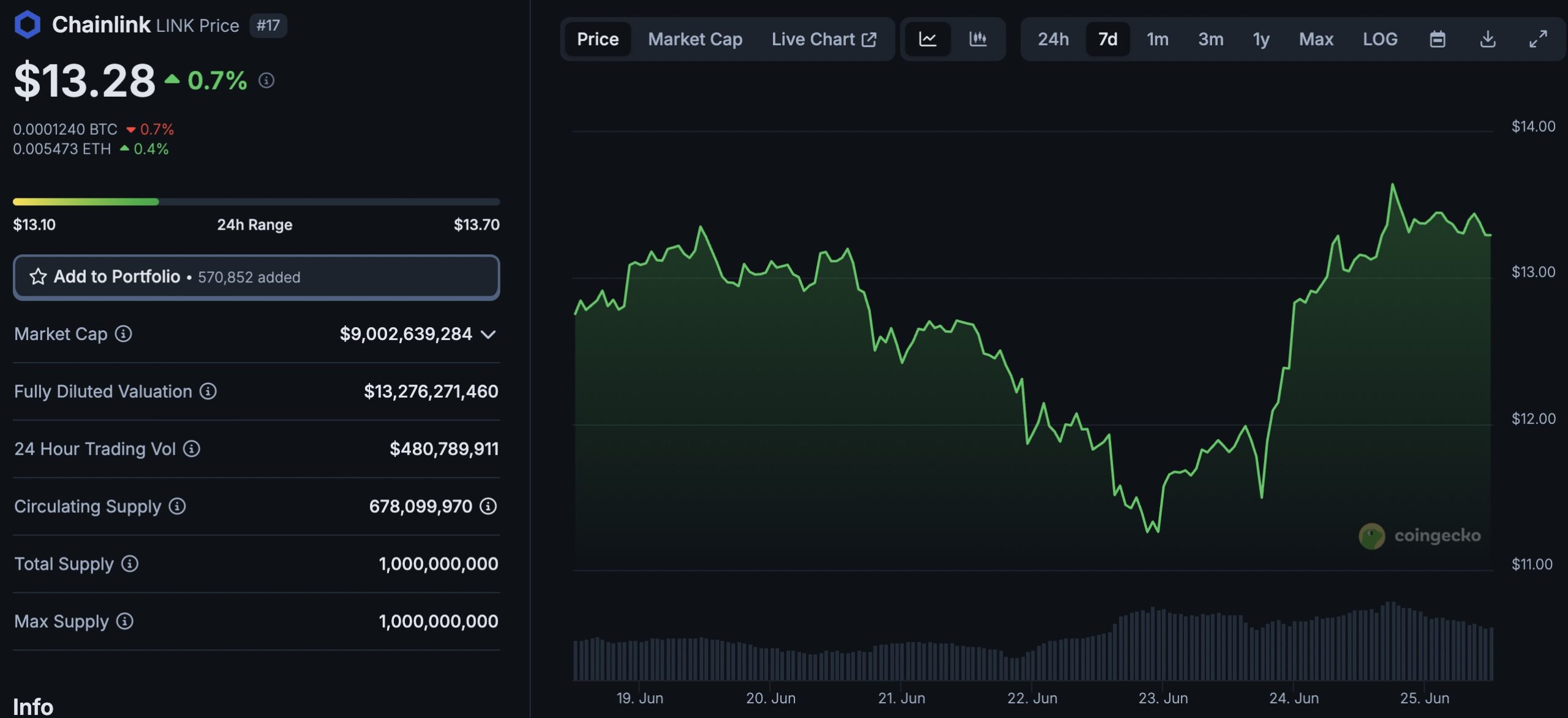Why Bitcoin self-custody is declining in the ETF era
The post Why Bitcoin self-custody is declining in the ETF era appeared on BitcoinEthereumNews.com. Bitcoin exchange-traded funds (ETFs) and other institutional Bitcoin products may be reshaping a core crypto ethos rooted in Satoshi Nakamoto’s original vision. According to onchain data, Bitcoin self-custody has been steadily declining since January 2024 — the same month Bitcoin spot ETFs were approved. After nearly 15 years of growth, the creation of new Bitcoin (BTC) addresses is slowing down, while active addresses have dropped sharply from nearly 1 million in January 2024 to around 650,000 in late June, reaching levels not seen since 2019. “Since spot ETFs became available the growth rate of self-custody users has been in decline,” said on X analyst Willy Woo. The data signals a major behavioral shift as more investors opt for institutional custody solutions like ETFs instead of managing private wallets. New addresses creation on the Bitcoin network. Source: Glassnode The trend is part of Bitcoin’s natural integration into the traditional financial system as more investors join the crypto space via BTC funds. For others, however, it marks a departure from individual sovereignty and Bitcoin’s original purpose. “ETFs didn’t steal users from cold storage… They opened the market to those who were locked behind compliance walls,” a community member wrote on X. The rise and convenience of Bitcoin ETFs The launch of spot Bitcoin ETFs by companies like BlackRock, Fidelity and Grayscale marked a turning point for Bitcoin. The ETFs gave investors regulated, institution-grade access to the cryptocurrency, without the need to manage wallets, exchanges or private keys. The funds also offered tax advantages and promised secure custody, along with the ease of traditional brokerage platforms. Market demand was strong from the start. Within the first 18 months, spot Bitcoin ETFs saw around $50 billion in net inflows, with BlackRock’s IBIT leading the pack at $53 billion. By July 18, 2025, IBIT had…

The post Why Bitcoin self-custody is declining in the ETF era appeared on BitcoinEthereumNews.com.
Bitcoin exchange-traded funds (ETFs) and other institutional Bitcoin products may be reshaping a core crypto ethos rooted in Satoshi Nakamoto’s original vision. According to onchain data, Bitcoin self-custody has been steadily declining since January 2024 — the same month Bitcoin spot ETFs were approved. After nearly 15 years of growth, the creation of new Bitcoin (BTC) addresses is slowing down, while active addresses have dropped sharply from nearly 1 million in January 2024 to around 650,000 in late June, reaching levels not seen since 2019. “Since spot ETFs became available the growth rate of self-custody users has been in decline,” said on X analyst Willy Woo. The data signals a major behavioral shift as more investors opt for institutional custody solutions like ETFs instead of managing private wallets. New addresses creation on the Bitcoin network. Source: Glassnode The trend is part of Bitcoin’s natural integration into the traditional financial system as more investors join the crypto space via BTC funds. For others, however, it marks a departure from individual sovereignty and Bitcoin’s original purpose. “ETFs didn’t steal users from cold storage… They opened the market to those who were locked behind compliance walls,” a community member wrote on X. The rise and convenience of Bitcoin ETFs The launch of spot Bitcoin ETFs by companies like BlackRock, Fidelity and Grayscale marked a turning point for Bitcoin. The ETFs gave investors regulated, institution-grade access to the cryptocurrency, without the need to manage wallets, exchanges or private keys. The funds also offered tax advantages and promised secure custody, along with the ease of traditional brokerage platforms. Market demand was strong from the start. Within the first 18 months, spot Bitcoin ETFs saw around $50 billion in net inflows, with BlackRock’s IBIT leading the pack at $53 billion. By July 18, 2025, IBIT had…
What's Your Reaction?





































